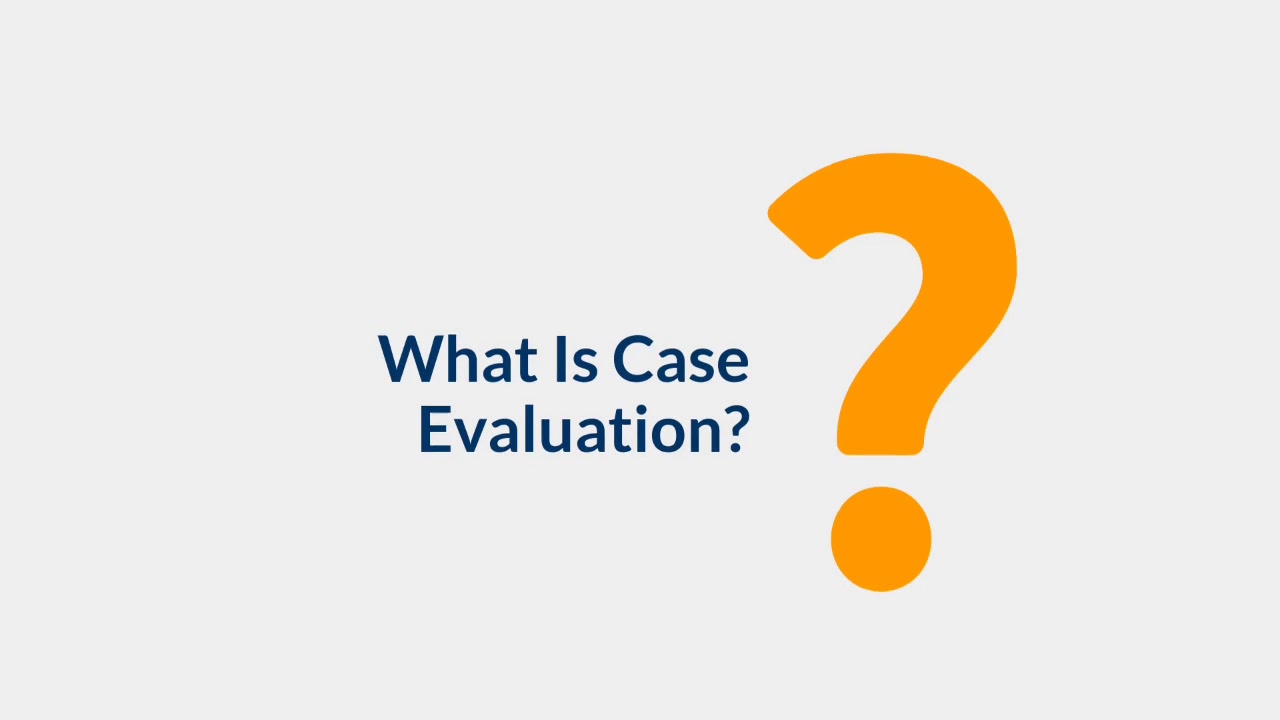Civil Case Evaluation: When Litigation is the Right Choice
In the realm of civil disputes, determining whether to pursue litigation is a critical decision that can have profound implications for individuals and businesses alike. Civil litigation involves the legal process through which parties resolve disputes in court, often resulting from issues such as contract breaches, property disputes, personal injury claims, or other civil matters. A thorough civil case evaluation enables parties to assess the merits of their cases, understand the potential risks, and make informed choices about how to proceed. This article outlines the key considerations in civil case evaluation, the factors that influence the decision to litigate, and the role of civil lawsuit lawyers in the process.
Understanding Civil Case Evaluation
A civil case evaluation is a systematic analysis of the relevant facts, legal principles, and potential outcomes associated with a civil dispute. This evaluation assesses the likelihood of success in court and helps clients decide whether litigation is the best course of action or if alternative dispute resolution methods (such as negotiation or mediation) might be more appropriate.
Key Components of Civil Case Evaluation
- Assessment of Facts:
- Gathering Evidence: Collecting all relevant documentation, witness statements, and other evidence is essential to evaluate the strength of your case.
- Timeline of Events: Establishing a clear timeline of the occurrences leading to the dispute can help in understanding the context and significance of the case.
- Understanding Legal Framework:
- Applicable Laws: Identifying the specific laws and regulations applicable to your case is essential for evaluating your legal standing.
- Precedents: Examining case law and legal precedents can provide insight into how similar cases have been handled and their outcomes.
- Identifying Stakeholders:
- Parties Involved: Clearly defining all parties involved in the dispute, including potential defendants or co-plaintiffs, is crucial for understanding relationships and responsibilities.
- Third Parties: Consider any third-party interests, such as insurance companies or guarantors, that may play a role in the dispute.
- Consideration of Damages:
- Types of Damages: Assessing what types of damages may be recoverable is crucial—these may include compensatory damages, punitive damages, and/or specific performance.
- Proof of Damages: Evaluating the ability to prove damages through documentation and evidence strengthens your position in litigation.
- Cost-Benefit Analysis:
- Estimating Costs: Calculate the anticipated costs associated with litigation, including attorney fees, court fees, expert witness fees, and other related expenses.
- Potential Recovery: Weigh the potential recovery against the estimated costs to decide whether pursuing litigation is financially viable.

Factors Influencing the Decision to Litigate
The decision to pursue civil litigation should be made with careful consideration of various factors:
1. Strength of the Case
- Evidence Quality: The strength and credibility of the evidence gathered will significantly influence the likelihood of success in litigation. Cases with robust supporting evidence are more likely to result in positive outcomes.
- Legal Precedent: If similar cases have led to favorable rulings, it may bolster confidence in pursuing litigation, while adverse precedents may present additional challenges.
2. Impact of Negotiation
- Past Negotiation Attempts: If informal negotiations with the opposing party have failed or proved unproductive, litigation may become necessary. Successful negotiation may provide a faster, less costly resolution.
- Willingness of Parties: Assess whether the other party is open to settling the dispute amicably or if they are committed to defending their position, which may necessitate litigation.

3. Time Considerations
- Time Constraints: Litigation can be a lengthy process, often taking months or years to resolve. Consider the urgency of the matter, particularly if a swift resolution is required.
- Availability of Resources: Evaluate whether you have the time and resources to commit to the litigation process. Cases that may require extensive evidence collection may necessitate more time.
4. Financial Implications
- Cost vs. Potential Recovery: Analyze whether the potential benefits of litigation outweigh the expected costs. In some cases, pursuing litigation may be financially burdensome relative to the potential recovery.
- Alternative Funding: Explore options for funding the litigation, such as contingency fee arrangements with attorneys or seeking financial support from third parties.
The Role of Civil Litigation Lawyers
Engaging a civil lawsuit lawyer is a crucial aspect of the civil litigation process. Their expertise and guidance can significantly impact the outcome of your case:
1. Legal Expertise
Civil litigation lawyers possess in-depth knowledge of relevant laws and regulations and can provide invaluable insights into the strengths and weaknesses of your case.

2. Case Evaluation
Lawyers can assist in conducting a thorough evaluation of the case, assessing evidence, and advising clients on the likelihood of success in litigation versus alternative options.
3. Representation
Skilled litigators represent clients in negotiations, mediation, and court proceedings, advocating for their interests while ensuring compliance with procedural requirements.
4. Strategic Planning
Lawyers help develop effective strategies tailored to the specific circumstances of each case, including determining when to negotiate, when to settle, or when to proceed to litigation.
Best Practices for Successful Civil Litigation
To optimize your chances of success in civil litigation, consider these best practices:
1. Organize Evidence
Maintain organized documentation related to the dispute, including contracts, communications, and any other relevant materials. A well-documented case can significantly bolster your position.
2. Communicate Openly
Maintain open communication with your attorney, providing updates on any new developments related to the case. A strong attorney-client relationship is essential for effective representation.

3. Stay Informed
Educate yourself on the civil litigation process and understand what to expect at each stage. Awareness of timelines, procedures, and key deadlines can help you manage expectations and stay proactive.
4. Be Prepared for Negotiation
Even during litigation, be prepared for negotiation opportunities that may arise, as many cases settle before reaching trial. Being open to compromise can lead to favorable resolutions.
Conclusion
Navigating civil litigation can be complex and challenging, but with the right legal guidance and strategic preparation, individuals and businesses can pursue their claims effectively. Understanding the evaluation process, recognizing the importance of a skilled civil lawsuit lawyer, and adopting best practices can significantly impact the outcome of a case. By assessing the merits of litigation versus alternative dispute resolution methods, parties can make informed decisions, securing justice and compensation for their legal claims. Ultimately, a thorough understanding of the civil litigation process empowers individuals and organizations to safeguard their rights and interests in the face of disputes.
